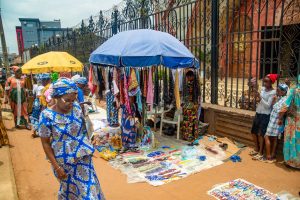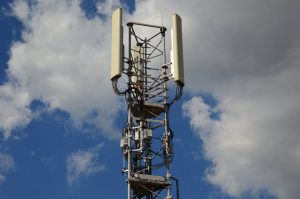Sustainability and Fiber: How African Companies are Leading the Way in Renewable Energy and Connectivity

Sustainability and Fiber: How African Companies are Leading the Way
Sustainability and Fiber: How African Companies are Leading the Way in promoting renewable energy and connectivity is a topic of great interest in today’s world. As the world shifts towards a more sustainable future, African companies are at the forefront of this movement, leveraging fiber technology to promote renewable energy and connectivity. From wind farms to solar panels, and from fiber-optic cables to satellite connectivity, African companies are innovating and implementing cutting-edge solutions to reduce their carbon footprint and promote sustainable development.
The use of fiber technology in Africa has been on the rise in recent years, with many companies investing heavily in fiber-optic infrastructure to provide high-speed internet connectivity to homes, businesses, and communities. This has not only improved communication and access to information but has also enabled the adoption of renewable energy sources, such as wind and solar power, which are crucial for reducing dependence on fossil fuels and mitigating climate change.
Renewable Energy and Fiber
One of the key areas where African companies are making a significant impact is in the development and implementation of renewable energy solutions. With the help of fiber technology, companies are able to monitor and control their energy usage more efficiently, reducing waste and optimizing energy production. For example, the use of fiber-optic sensors in wind farms allows for real-time monitoring of wind speeds and direction, enabling more efficient energy production and reducing maintenance costs.
In addition, the use of fiber-optic cables has enabled the development of smart grids, which are essential for the efficient distribution and management of renewable energy. Smart grids use advanced technologies, such as IoT sensors and data analytics, to predict energy demand and supply, reducing the likelihood of power outages and enabling the integration of more renewable energy sources into the grid.
Connectivity and Sustainability
Connectivity is also a critical component of sustainability, as it enables the exchange of information, ideas, and innovations that are essential for driving sustainable development. In Africa, the use of fiber technology has enabled the development of high-speed internet connectivity, which has improved communication, access to information, and economic opportunities for millions of people.
Moreover, the use of fiber-optic cables has enabled the development of e-government services, e-commerce platforms, and telemedicine services, which have improved the delivery of public services, enhanced economic opportunities, and improved healthcare outcomes. The use of satellite connectivity has also enabled the extension of internet services to remote and underserved areas, further bridging the digital divide and promoting sustainable development.
Case Studies and Examples
There are many examples of African companies that are leading the way in sustainability and fiber technology. For instance, the Ghanaian company, MTN Ghana, has launched a number of initiatives aimed at promoting sustainability and reducing its carbon footprint. These include the use of solar panels to power its base stations, the implementation of energy-efficient technologies in its network, and the launch of e-waste recycling programs to reduce electronic waste.
Another example is the South African company, Telkom, which has launched a number of initiatives aimed at promoting sustainability and reducing its environmental impact. These include the use of renewable energy sources, such as wind and solar power, to power its operations, the implementation of energy-efficient technologies in its network, and the launch of e-waste recycling programs to reduce electronic waste.
In conclusion, Sustainability and Fiber: How African Companies are Leading the Way is a topic of great importance, as it highlights the innovative approaches and initiatives being implemented by African companies to promote sustainable development and reduce their carbon footprint. As the world continues to shift towards a more sustainable future, it is essential that we recognize and support the efforts of African companies that are leading the way in this movement.





